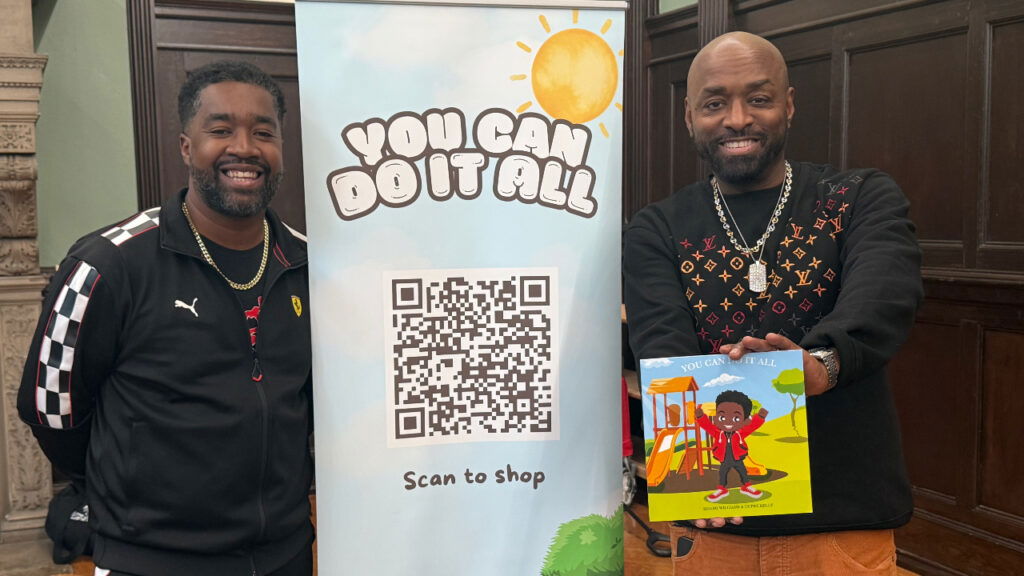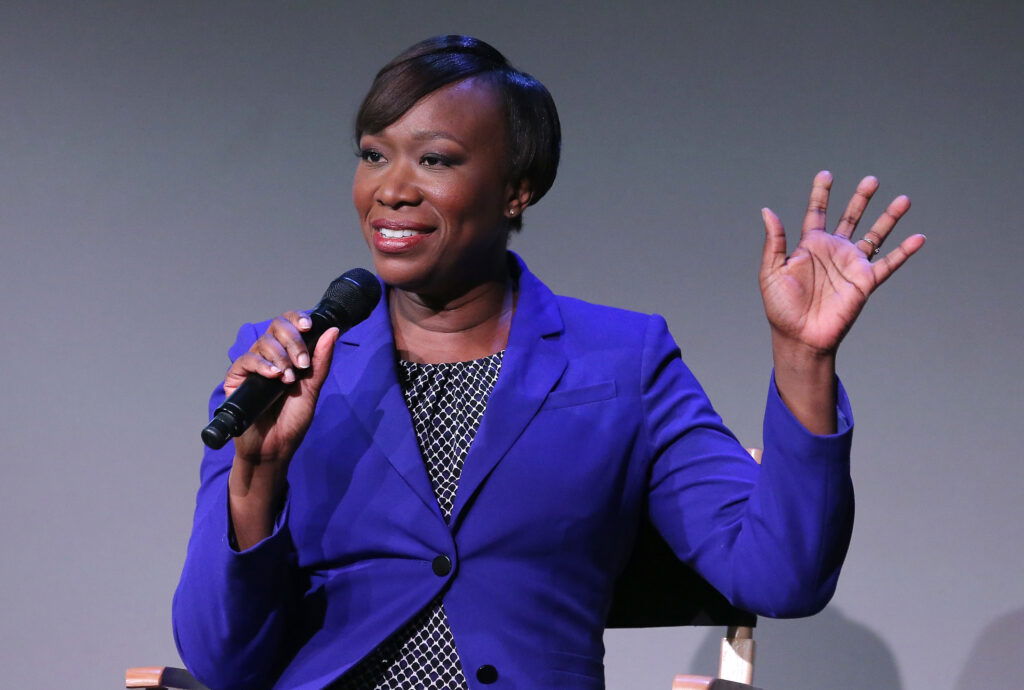In Bonaire, the word “dushi” has a few different meanings. It can be a term of endearment like “baby,” or it can describe a sweet, delicious food. In the local Papiamentu language, “dushi bida” means “the good life” and describes a feeling of deep contentment.
I learned this on a recent trip to Bonaire, where I spent the week walking the colorful streets of the capital, Kralendijk, exploring the island’s national park and getting my fill of fresh seafood. My trip also had another purpose. As an avid traveler to the Caribbean, I hope to retire in the region one day, and my visit to Bonaire confirmed it as the best island in the Caribbean to retire to.
Why more Americans are retiring out of the country
I’m not alone in making plans to retire outside of the United States. According to the 2023 annual Social Security Administration Report, there were 708,808 Social Security recipients living outside the country. More Americans are moving abroad for retirement, motivated by things like lower cost of living, temperate weather and a slower pace of life.
Roshida Dowe is a career break coach who helps women take career sabbaticals out of the country. She says, “Over the past few years, I’ve seen more Americans become open to retiring abroad and taking the preliminary steps to achieve it. As more people see the benefits of moving abroad and see that it can be available without a ton of work or a mountain of money, people are starting to think about the ‘where’ of their retirement instead of believing that where they live now is where they have to stay.”
How to decide on a retirement location
Dowe says that when it’s time to start looking for a place to retire, people should list things that are important to them, which may be different for each person.
“The real benefits of moving abroad vary by where people are moving to and what they are looking for,” she says. “For some people, a lower cost of living is a benefit, while others might be looking for a place where they feel more at ease or have increased access to lower cost, high-quality health care. Some might benefit from the challenge of learning a new language, while others might finally find the climate they’ve been looking for their whole lives.”
If you’re ready to start deciding what location is good for you, Dowe recommends taking a scouting trip to get a feel for the food, geography and local life—all essential factors in retirement.
“When going on a scouting trip, people should be looking to get as close to the experience they will have after they move to that location,” she advises. “Stay in a neighborhood or two that you are considering. Go to the local grocery store. Take the same kind of transportation that you would if you were a resident. See if this is the life you actually want to live.”
Why I chose to visit Bonaire
Before I left for my trip to Bonaire, most people I talked to were unfamiliar with the Dutch Caribbean island. Bonaire is part of the ABC islands (Aruba and Curaçao are sister islands), but it’s the most laid-back and least visited of all three, which drew me in.
Located just north of Venezuela and a three-hour flight from Miami, Bonaire shares a multicultural heritage similar to Aruba and Curçuao. The island is home to about 24,000 people and over 75 nationalities. During my visit, I heard a mix of Dutch, Spanish and English, as well as the local language, Papiamentu. Bonaire also has a large population of expats, and we met people from Canada, parts of Europe and the United States who loved Bonaire so much that they decided to stay.
Bonaire’s Caribbean location also means lots of beaches and warm weather year-round. Temperatures rarely drop below 75 degrees, and the island is also outside the hurricane belt. There’s also no need to exchange currency, as the U.S. dollar is Bonaire’s official currency and is accepted widely across the island.
Why Bonaire is the best island in the Caribbean to retire to
I brought my friend along to explore the island. After checking into Sorobon Beach Resort, we got a taste of the island’s diverse food offerings at Biña, a beachside restaurant that serves Irish Mor oysters, slow-cooked octopus and New Zealand lamb.
We also sampled Bonaire’s local food at Posada Para Mira and ordered plates of Caribbean-style red beans and rice, plantains and red snapper. But one of my favorite meals came from Nature Cooking School. I signed up for a breakfast cooking class and tasted Bonaire’s homegrown produce, which included pumpkin pancakes topped with fresh mango, home-baked bread and farm-fresh eggs.
Though Bonaire is a huge diving hot spot, we found plenty to do on land. At just seven miles wide and just over 20 miles long, Bonaire was small enough to drive across in just a few hours, and I rented a car for the week to get around. Bonaire’s lack of traffic (and traffic lights), the free parking and right-side driving made it easy for me to navigate the entire island myself.
During my stay, I checked out Washington Slagbaai National Park. The park is located on the island’s north end and is full of hiking trails, beaches and wild donkeys. Another highlight of my stay was visiting the Mangazina di Rei Museum, where I spent a morning learning about the island’s history. We also enjoyed an afternoon of racing wind-powered blokarts across the dusty desert at Landsailing Adventures. On another afternoon, we took the short ferry ride to Klein, an uninhabited island off the coast of Bonaire ringed with white sand beaches.
The importance of choosing a place that aligns with your values
Because choosing the best island in the Caribbean to retire to is a very personal decision, Dowe recommends that people consider locations that are compatible with their daily routines and where they can envision themselves in their new location.
“It’s really easy to listen to other people who love a specific country or city, but if they aren’t looking for the same thing you are, their opinions on the city won’t be that helpful to you,” she says. “One exercise I recommend people do is to close their eyes and think of what their ideal day is. Describe it to yourself. Say the actual words and then write them down. When you narrow down your list of potential cities, figure out whether you can live the life you want in that city.”
Retiring in the Caribbean
Living in a warm locale with an affordable cost of living is important to me, but one of the most important things about choosing a place to retire is being able to build a community. While I was only in Bonaire for a week, I felt a strong sense of community. On an island of under 25,000 people, it seemed like everyone knew each other, and we easily struck up conversations with strangers.
On one of our last nights, my friend and I sat at a street-side cafe in Kralendijk, watching the cars go by and the sun go down. As we were finishing our glasses of wine, a car pulled up, and the driver leaned his head out the window, waved at us and asked us how our trip to Klein Island had been. It took me a second to recognize the driver, who had taken the ferry with us to Klein. I waved back, sharing that we had a great time. As the sun continued its descent, I realized that this feeling of belonging and community felt like the “dushi bida” or the sweet life. That tiny moment solidified my feelings that Bonaire was the best island in the Caribbean to retire to, and I could see myself living here for a long time.
Photo courtesy of Tourism Corporation Bonaire





